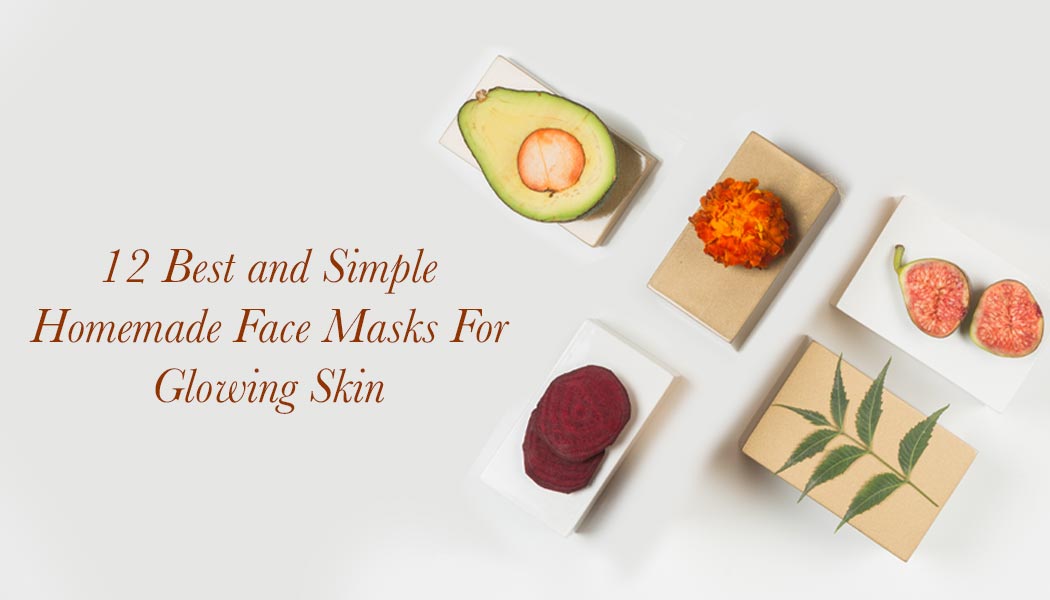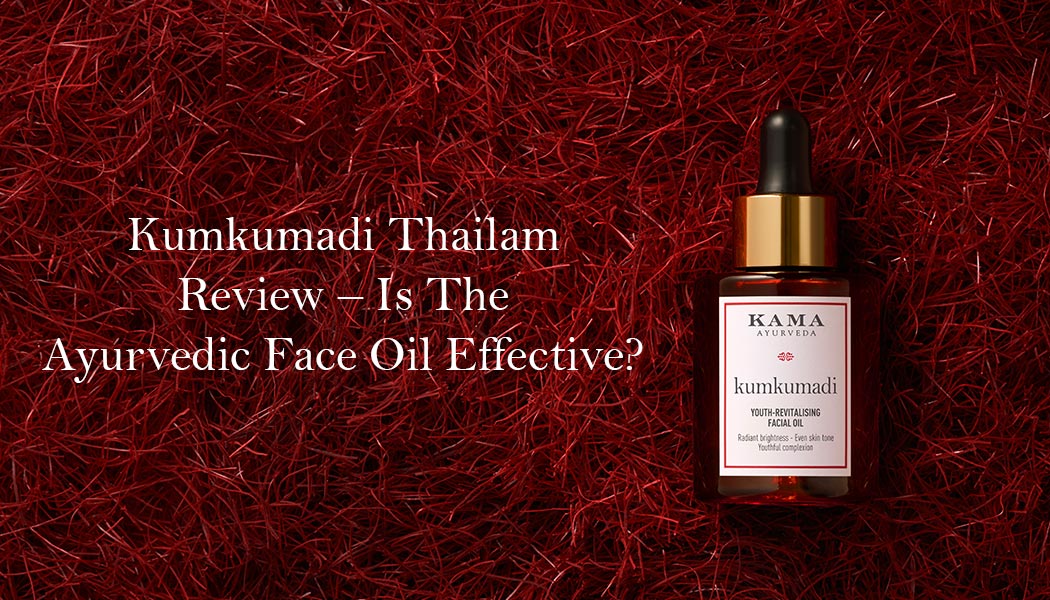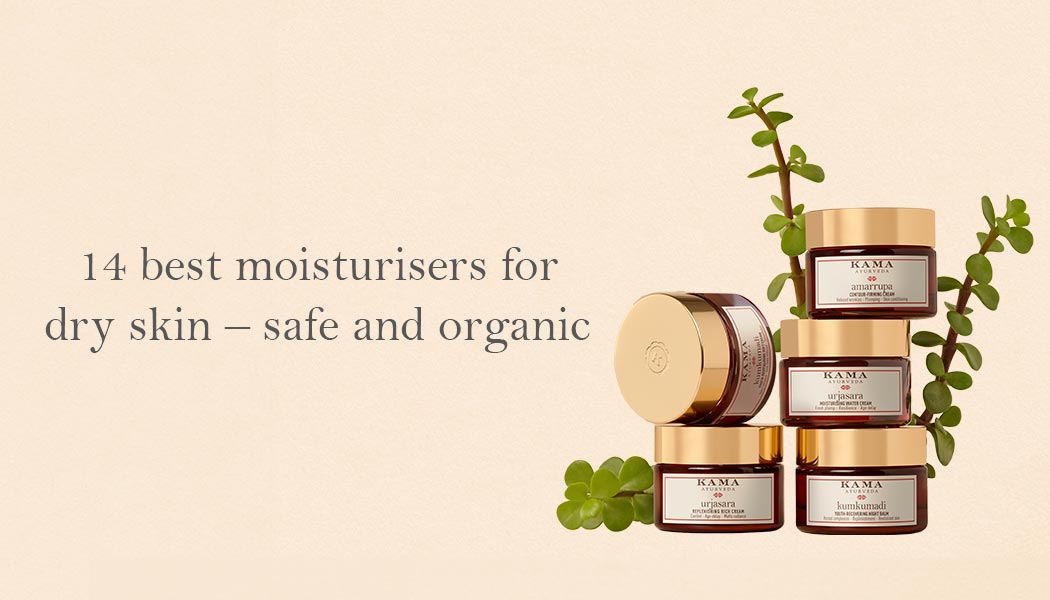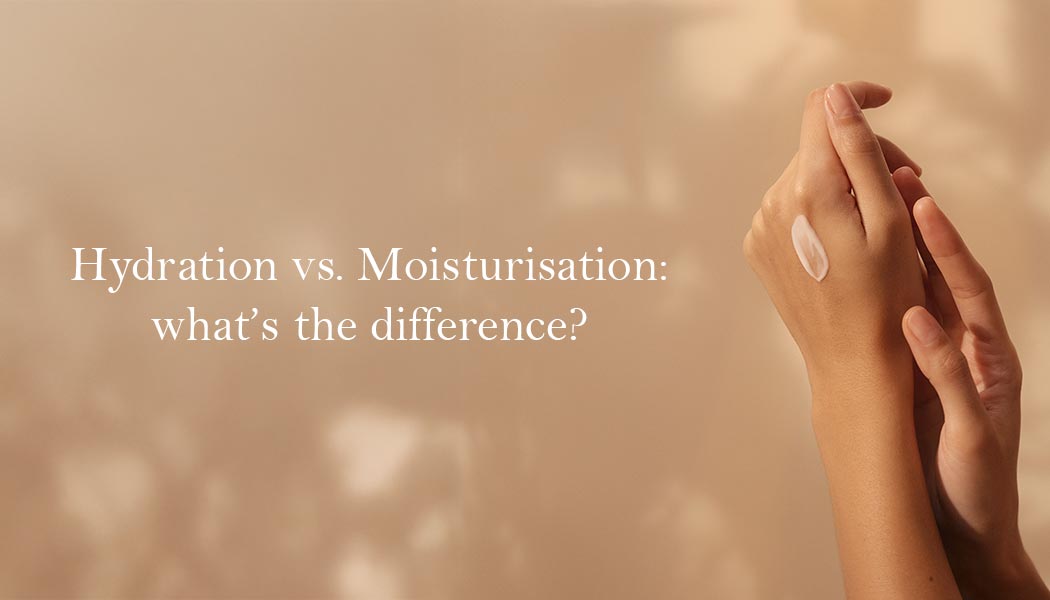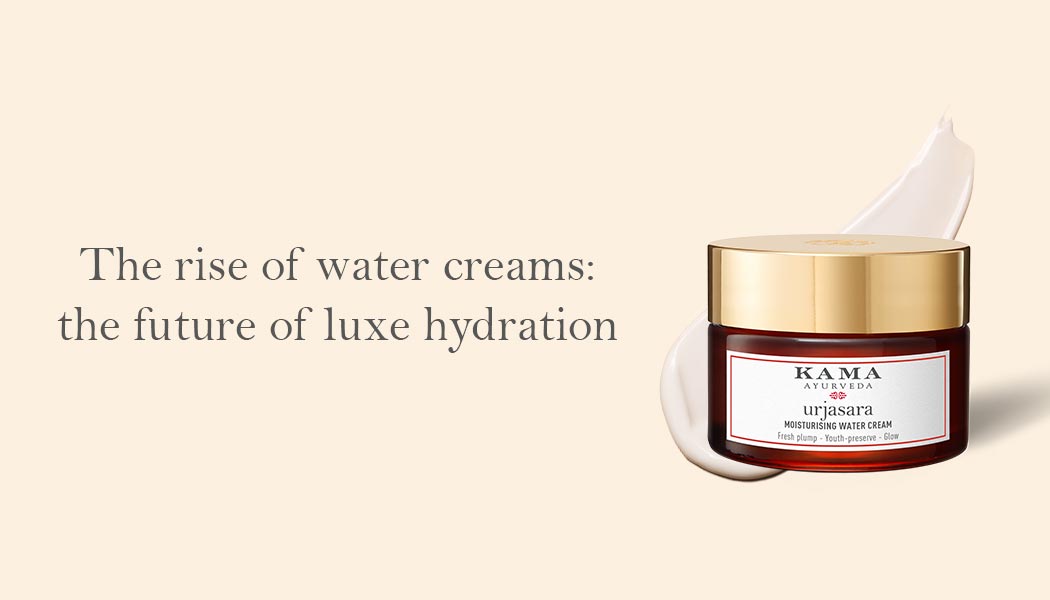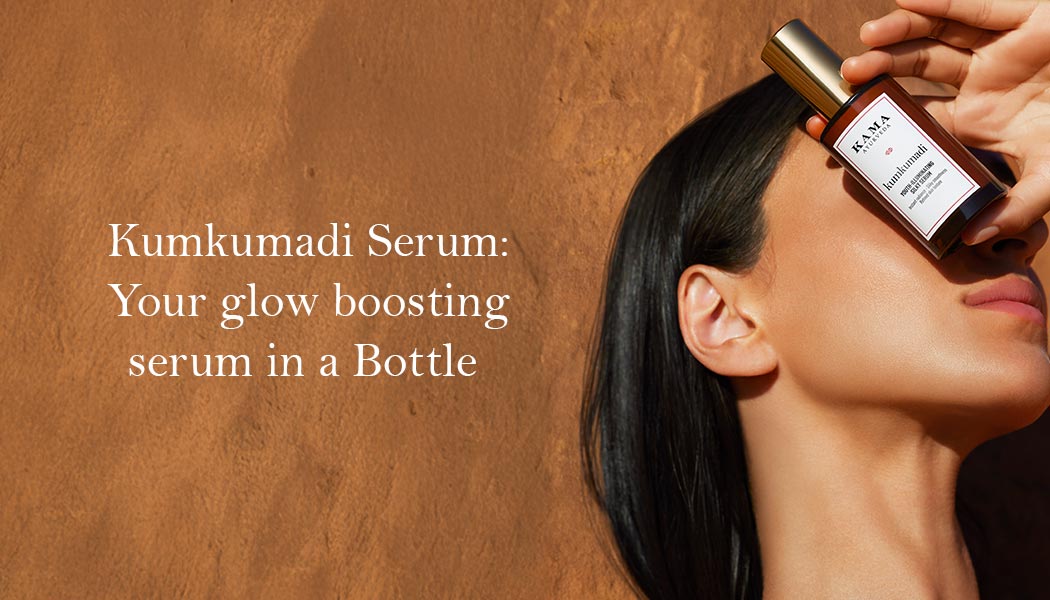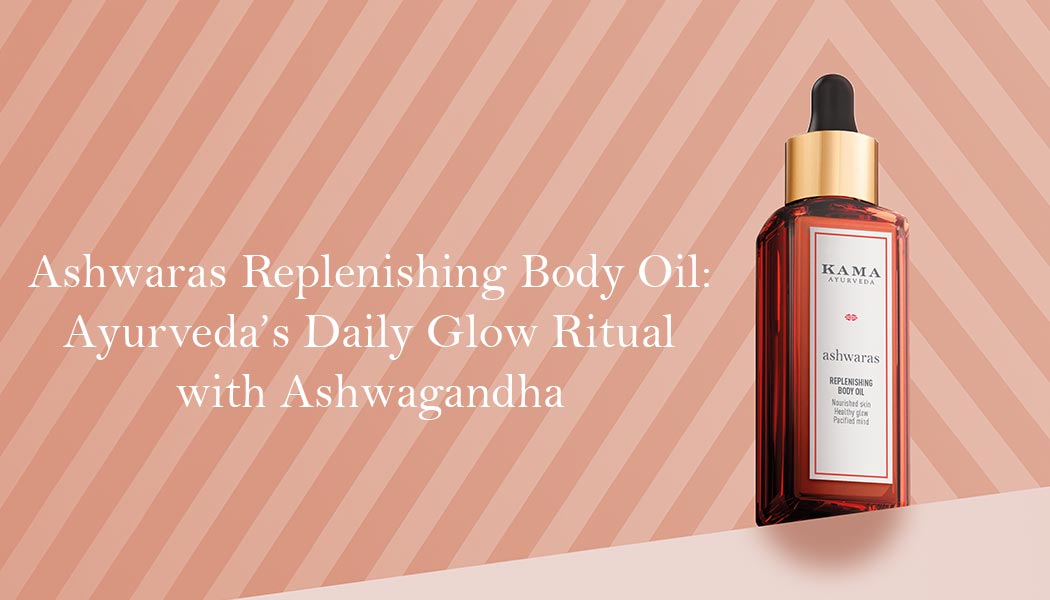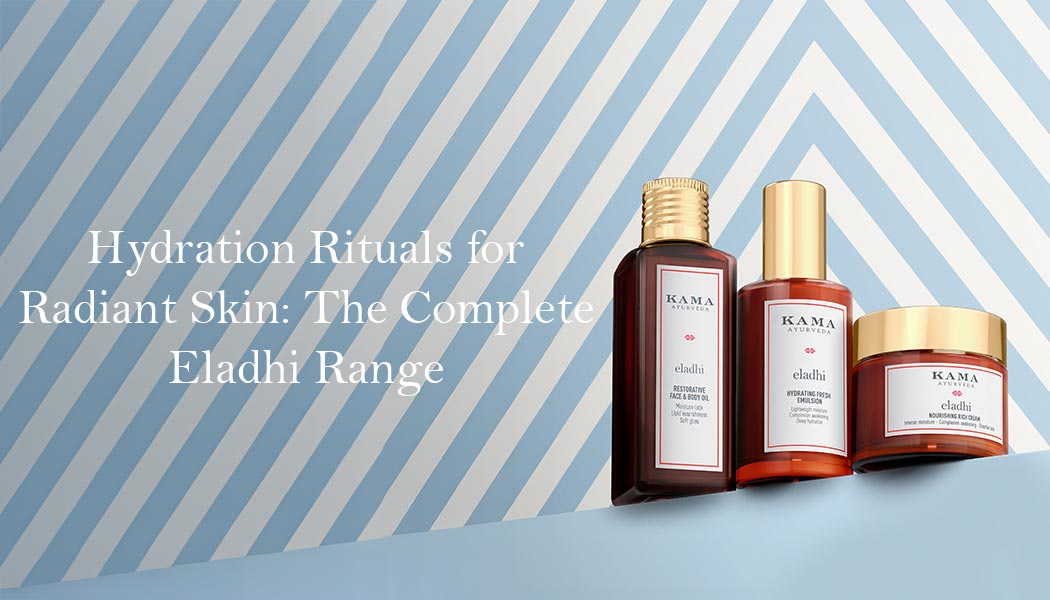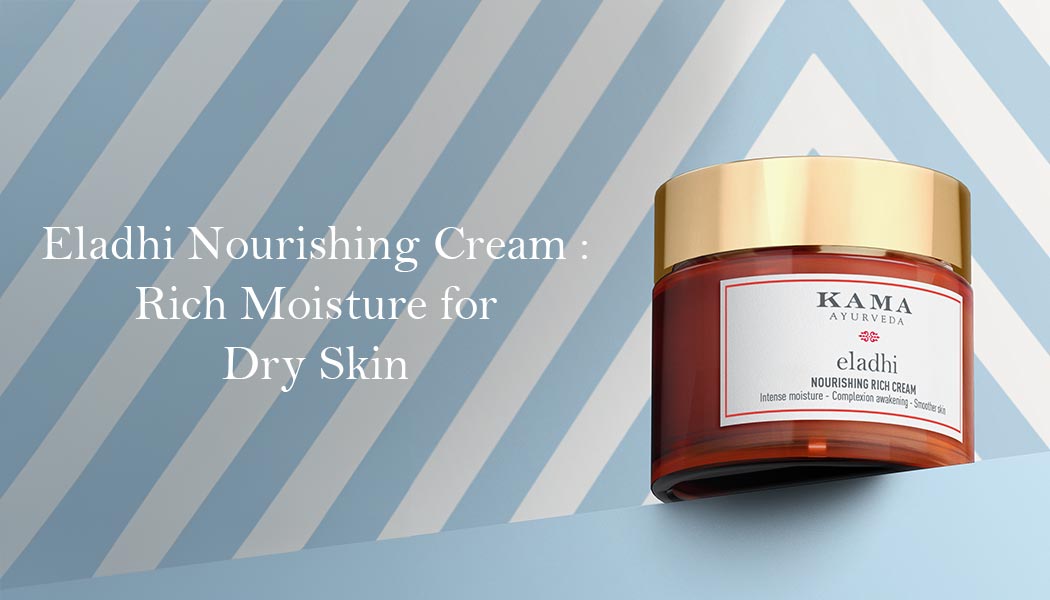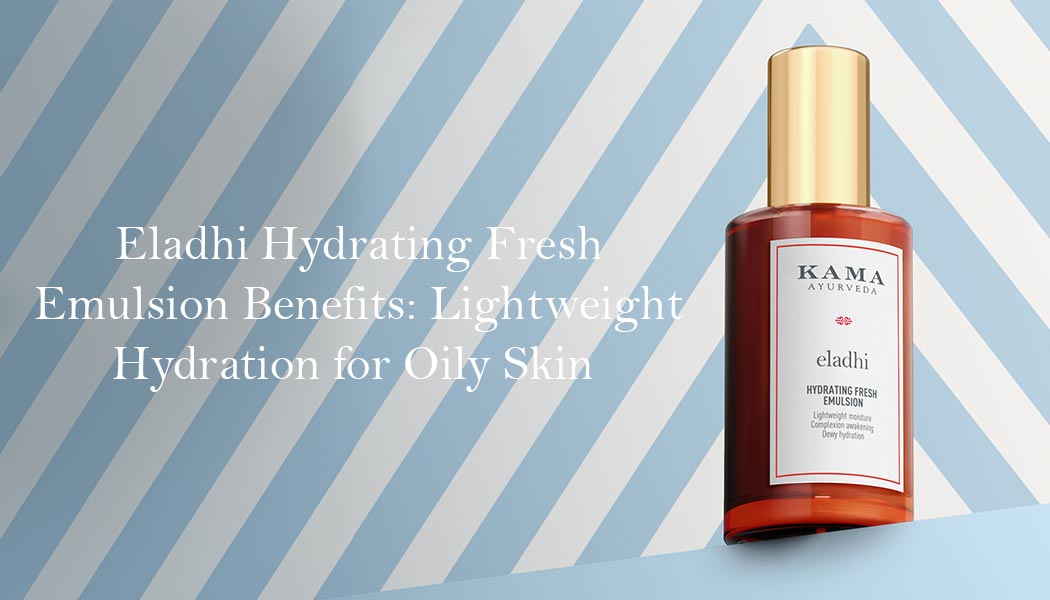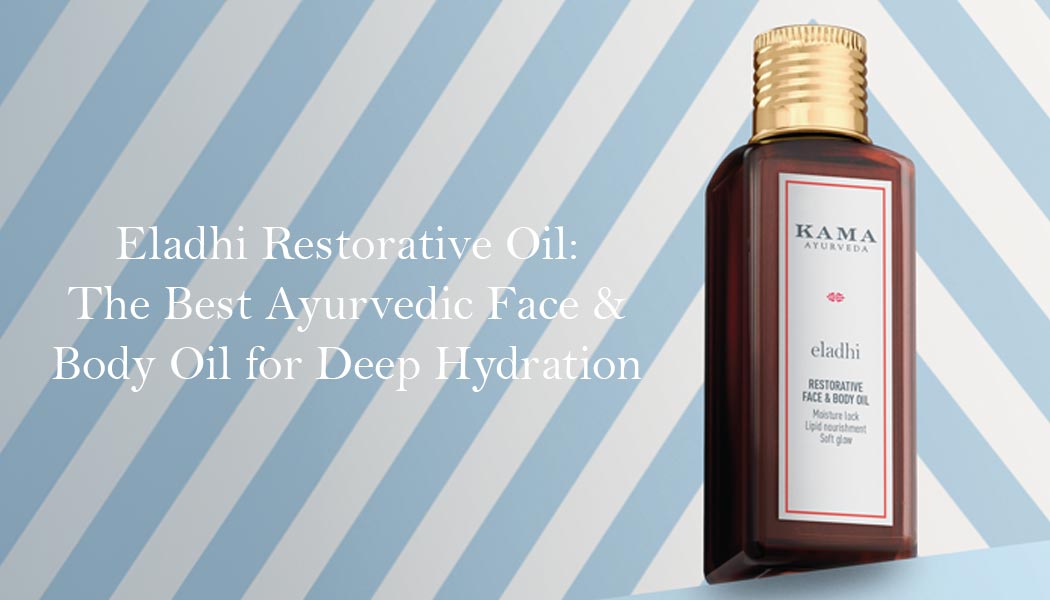- 29 July 2022
- 12 mins read
In today's fast-paced world, taking time for self-care is crucial. Face masks have emerged as a go-to solution for quick and effective skincare. While adding an extra step to your routine might seem demanding, the benefits—glowing, hydrated, and revitalized skin—are hard to ignore.
Face masks, packed with antioxidants, vitamins, and minerals, can make a noticeable difference in skin quality. This article delves into the best face masks available, from DIY options to ready-made products.
Whether you're looking for a hydration boost or a radiance lift, we've got you covered. Dive in to find the right mask for your glow-up.
Read - 18 Effective Ayurvedic Face Packs to Treat Your Skin
12 DIY Face Masks For Glowing Skin
When it comes to achieving radiant skin, sometimes the best solutions are found right in your kitchen. These home DIY face masks offer a natural and cost-effective way to nourish and rejuvenate your skin.
Crafted from fresh and wholesome ingredients, these masks not only ensure you know exactly what's going onto your face but also harness the power of nature for that desired glow.
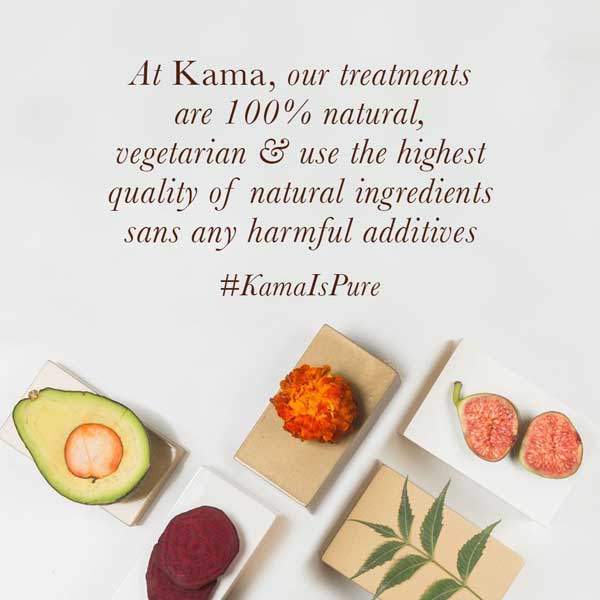
There are many options for making a DIY face mask for glowing skin. And the best part is we can get all the necessary ingredients right from our kitchens and refrigerators. Full of goodness and pocket friendly, what's not to love?
1. Aloe Vera Face Mask For Glowing Skin
Aloe vera gel is more than just a remedy for sunburns. It has anti-inflammatory and antibacterial properties that help improve skin texture. This DIY homemade face mask can help with common skin problems like acne, sunburn, eczema, and psoriasis.
Ingredients Needed
- Aloe vera gel - one tablespoon
- Milk cream - two tablespoons
- Turmeric - a pinch
Directions
- Combine the aloe vera gel, milk cream, and turmeric in a bowl and mix well.
- Apply the mixture evenly across your face and neck.
- Allow the mask to sit on your skin for about 30 minutes.
- Rinse off the mask with lukewarm water.
2. Besan (Gram Flour) Face Mask
Besan, a staple in many kitchens, has long been a trusted skin care remedy. Celebrated for its exfoliating properties, besan helps slough off dead skin cells, combat acne, remove tan, and regulate oiliness. Incorporating a DIY homemade face mask with besan can transform your skin, making it soft, smooth, and radiant.
Ingredients Needed
- Besan (gram flour) - two tablespoons
- Milk cream - one tablespoon
- Lemon juice - one teaspoon
- Water - as needed for consistency
Directions
- Combine besan, milk cream, and lemon juice in a bowl.
- Add water as needed to achieve a smooth paste consistency.
- Spread the mixture evenly over your face and neck.
- Allow the mask to dry for 15-20 minutes. Once set, rinse off with cool water.
3. Turmeric Face Mask
The vibrant spice, turmeric, is more than just a kitchen essential. Loaded with anti-inflammatory benefits and rich antioxidants, turmeric brings a natural glow to the skin. By using a turmeric-infused DIY homemade face mask, you can restore your skin's vibrancy, combat acne, soothe psoriasis, and promote healing.
Ingredients Needed
- Turmeric powder - half a teaspoon
- Baking powder - one teaspoon
- Rose water - one to two teaspoons
Directions
- Mix turmeric powder and baking powder in a bowl.
- Gradually add rose water, stirring continuously until a smooth paste forms.
- Apply this blend to your face and let it sit for 5 minutes.
- Afterward, with damp fingertips, massage your face in gentle circular patterns for another 5 minutes, helping to exfoliate dead skin.
- Begin rinsing with lukewarm water and then finish with a splash of cool water.
4. Cucumber Face Mask
Packed with vitamins C and K, as well as manganese and beta-carotene, cucumber promotes skin health and vitality. You might recall the calming cucumber slices used in spa treatments — they aren't just for show.
Cucumber's cooling qualities revive tired eyes and rejuvenate the skin. Its high water content serves as a natural moisturizer, making it a suitable alternative to store-bought creams. A DIY homemade face mask featuring cucumber addresses sunburn, rashes, dark circles, and puffiness.
Ingredients Needed
- Cucumber - one, grated
Directions
- Blend the grated cucumber until it turns into a smooth paste.
- Smoothly apply this paste over your face.
- Leave it on for about 15 minutes.
- Once done, wash off with cool water and gently dry your face with a soft towel.
5. Matcha Tea And Honey Face Mask
Matcha tea powder is full of antioxidants that fight against free radicals. However, ensure the matcha powder you are using is pure green tea without added sweeteners and additives. If you don't have matcha tea powder, you can use green tea leaves instead.
Honey, on the other side, is an excellent source of anti-inflammatory, antibacterial, and soothing properties. Almond oil or Jojoba oil nourish skin, ensuring that it doesn't dry out. The matcha tea and honey face mask is best suited for sensitive skin types. (1) (2)
Ingredients Needed
- Match powder - one teaspoon
- Honey - one tablespoon
- Sweet Almond or Jojoba oil - one teaspoon
Directions
- Mix all the ingredients into a smooth and fine paste.
- Apply the face mask evenly to the face and neck using your fingers or a brush. Let the face mask rest for about 15 minutes.
- Rinse clean with lukewarm water.
6. Avocado And Almonds Face Mask
The Avocado face mask is nourishing and best suited for dry skin. In addition to being yummy, avocados are full of good fats. When combined with the antioxidants in honey and the healthy oils of Almonds, these good fats will give the skin the moisture boost it needs to glow from within. Moreover, the ground Almonds act as a gentle exfoliant that scrubs away dead skin and dirt. (3)
Ingredients Needed
- Avocado - one quarter
- Honey - two tablespoons
- Finely ground Almonds - two tablespoons.
Directions
- Mash the Avocado and blend all the ingredients into a smooth paste. (Tip: the softer the mashed avocado, the easier it will be to spread the mask on your skin).
- Using your fingers, apply the mask evenly to the face and let it sit for 15 to 20 minutes.
- Rinse clean with lukewarm water.
7. Oats And Honey Face Mask
The benefits of oats are threefold. One - oats are incredibly nourishing and moisturizing; their sugars, starches, and oils act as great humectants. Two - oats are exceptionally absorbent; they absorb all the excess oil on the skin. Three - oats contain Avenanthramides (a compound that acts as both an antioxidant and anti-inflammatory).
Honey and avocado, as we already discussed, are healing, antibacterial, and full of good fats. (4)
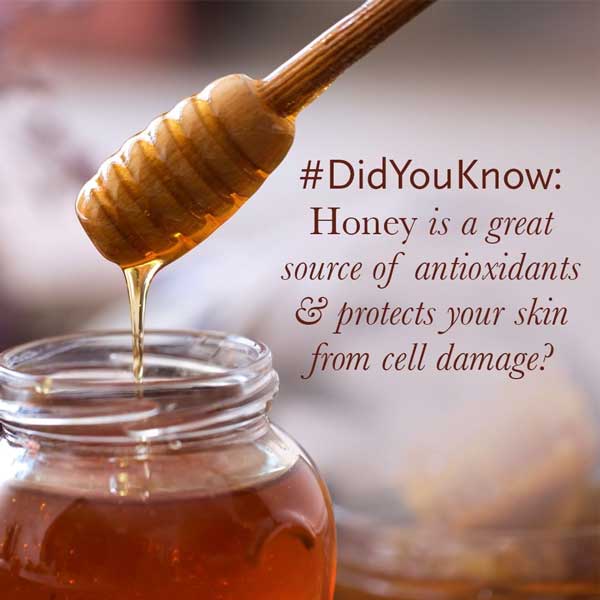
Ingredients Needed
- Oats - a handful
- Avocado - half
- Honey - one tablespoon
Directions:
- Mash the avocado. Mix all the ingredients mentioned above to make a paste.
- Apply the paste to your face using your fingers.
- Leave the mask for about 15 minutes or until it dries before rinsing off with warm water and a washcloth.
8. Lemon and Yogurt Face Mask
Believe it or not, a common ingredient from your refrigerator can be the secret to flawless skin. Yogurt isn't just a tasty treat; it's a skin-enhancing wonder. Regular application of a yogurt-infused homemade face mask can deliver multiple benefits: it moisturizes, battles acne, soothes sunburns, evens out skin tone, and wards off early signs of aging.
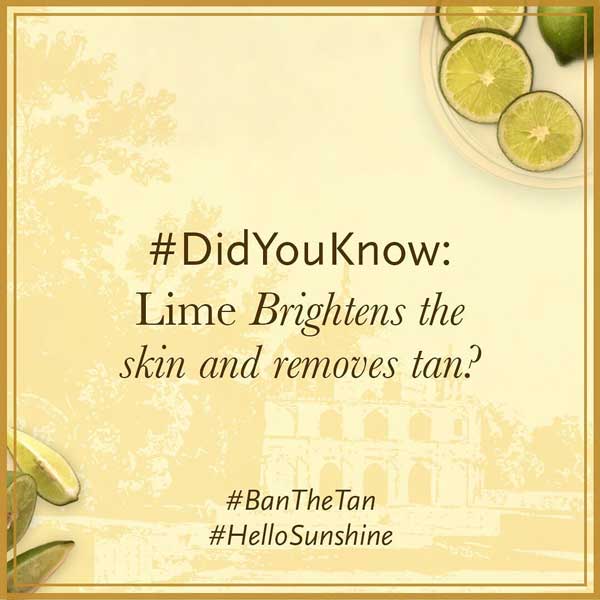
Ingredients Needed
- Sour yogurt - half cup
- Lemon - one teaspoon
Directions
- Combine the sour yogurt with the lemon until you get a consistent paste.
- Spread this mixture evenly over your face.
- Allow it to sit and work its magic for 15-20 minutes.
- Afterward, rinse with lukewarm water.
- For an added touch, splash your face with cold water to tighten the pores and give a refreshing finish.
9. Multani Mitti And Rose Water Face Mask
Fuller's Earth, best known as Multani Mitti, is one of the most commonly used ingredients in a face mask. It has a significant cooling effect and can fight sun damage. It helps even out your skin tone. On the other hand, Rosewater helps hydrate skin and gives skin a refreshing glow. (7)
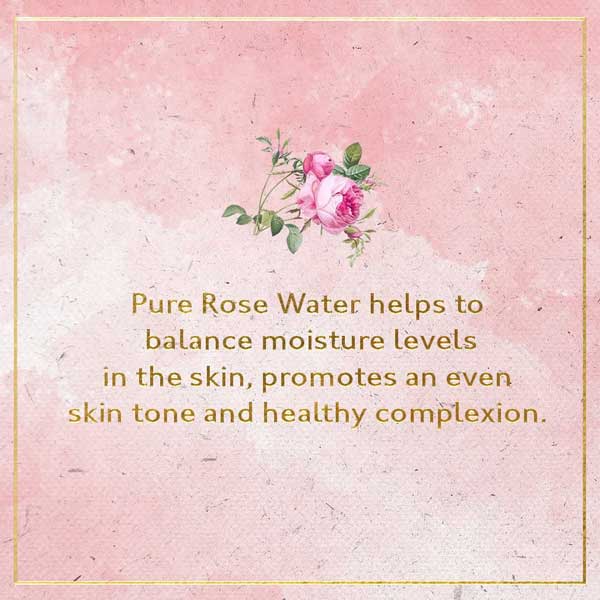
Ingredients Needed
- Multani Mitti - two tablespoon
- Rose Water
Directions
- Mix Multani Mitti with enough Rose Water to make a smooth and fine paste.
- Let the mask rest on until it dries up before washing off with warm water.
- If you have dry skin, add fresh cream to the paste.
Read - 5 Multani Mitti Face Packs That Work Like Magic
10. Tomato And Curd Face Mask
With the goodness of antioxidants, Tomatoes are great natural bleaching agents. They help in tightening pores while working as a good toner. Curd is an excellent source of cooling and moisturizing properties. Moreover, Lemons help boost skin lightening while having an exfoliating effect on the skin. A Tomato and Curd face mask is one effective face mask that helps rejuvenate skin during summers. (8) (9)
Ingredients Needed
- Tomato - one
- Curd - one teaspoon
- Lemon juice - a few drops
Directions
- Blend Tomato and add the other ingredients. Apply the mask all over the face and neck and massage gently in circular motions for a minute or two.
- Leave the mask on your face for another 10 minutes before rinsing off with normal water.
11. Chocolate Face Mask
We know you all love Chocolate. But have you ever tried using it for the skin? Dark Chocolate is an excellent source of antioxidants that help the skin by fighting free radicals. Moreover, Chocolate is rich in moisturizing properties that make skin soft and radiant.
Ingredients Needed
- Cocoa powder - half a cup
- Oats - three tablespoons
- Fresh cream - four tablespoons
- Honey - quarter cup
Directions
- Blend all the ingredients mentioned above into a smooth paste.
- Apply the mixture to the face and neck and let it rest for about 10 minutes or until it dries.
- Rinse clean with cold water and pat skin dry.
12. Papaya Face Mask
Papaya, known for its enzymes, can help in exfoliating the skin and reducing dark spots, while honey acts as a natural moisturizer and has antibacterial properties. This DIY homemade face mask can give your skin a natural glow and keep it hydrated.
Ingredients Needed:
- A small piece of papaya
- 1 teaspoon honey
Directions:
- Mash the papaya until it becomes a smooth paste.
- Mix in the honey until both ingredients are well combined.
- Apply the mixture evenly over your face.
- Leave the mask on for 15 to 20 minutes.
- Rinse off with lukewarm water.
Read - How To Select The Right Face Pack For Glowing Skin?
Best Natural Face Masks For Glowing Skin In India
Face masks are one of the best ways to provide your skin with elements that make it healthy and glowing. They instantly deliver your skin with a boost of hydration and moisture, thus making it look fresh, bright, and glowing in no time.
1. Suvarna Haldi Chandan Face Pack
Suvarna Haldi Chandan Face Pack is a complexion-enhancing Ayurvedic face mask that gives skin youthful vibrance, luminosity, and smoothness. The 100% natural, skin illuminating pack contains antibacterial, purifying Haldi (turmeric) and the anti aging, soothing Chandan (Sandalwood).
With regular usage, you will observe a more clarified and smoothen skin texture with acne and blemishes reduced in intensity and frequency.
The astringent qualities of Rose help tighten enlarged open pores. The antioxidant properties of the extracts of Orange Peel protect skin against premature aging caused by environmental pollutants while maintaining a toned, supple, younger-looking experience.
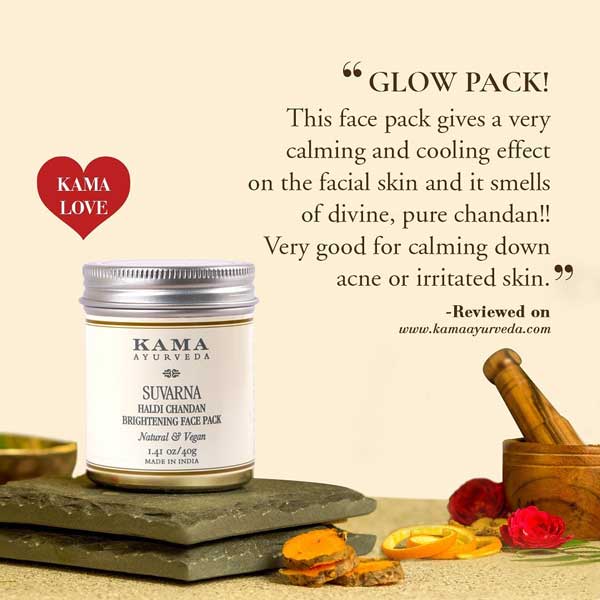
Read - Which Is The Best Face Pack For Oily Skin?
2. Kama Ayurveda's Lavanya Natural Plant Mask
Kama Ayurveda's Lavanya Natural Plant Mask is a detoxifying and deep cleansing face mask that leaves skin feeling smooth, glowing, refreshed, and refined. This purifying and retexturing face mask is prescribed in Ayurveda as a treatment for marks, blemishes, and acne.
The extracts of Sweet Flag and Liquorice help smoothen, deep cleanse, and even out skin texture. Lodhra, being a natural blood purifier, helps cleanse the micronutrient channels of the skin, which in turn helps relieve environmental damage. Toning and refreshing Coriander balance the skin's sebum production, leaving it healthy and glowing.
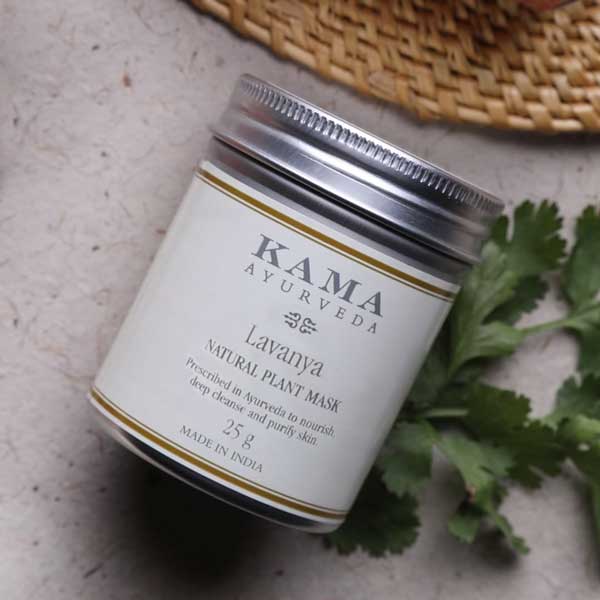
3. Kama Ayurveda's Nimrah Anti Acne Face Pack
Kama Ayurveda's Nimrah Anti Acne Face Pack is an anti-acne treatment that heals pimples, and blackheads, improves skin tone, reduces scars, and repairs inflammation. This powerful and completely natural blend contains ingredients like Vetiver, Red Sandalwood, Lodhra, Coriander, Ashwagandha, and Liquorice.
Ashwagandha helps in decreasing swelling, inflammation, and discomfort while fighting the early signs of aging. Red Sandalwood, as we all know, brightens the complexion while lightening post-acne scarring.
Moreover, the antibacterial properties of coriander seeds act as an effective treatment for preventing hyperpigmentation and reducing blackheads.
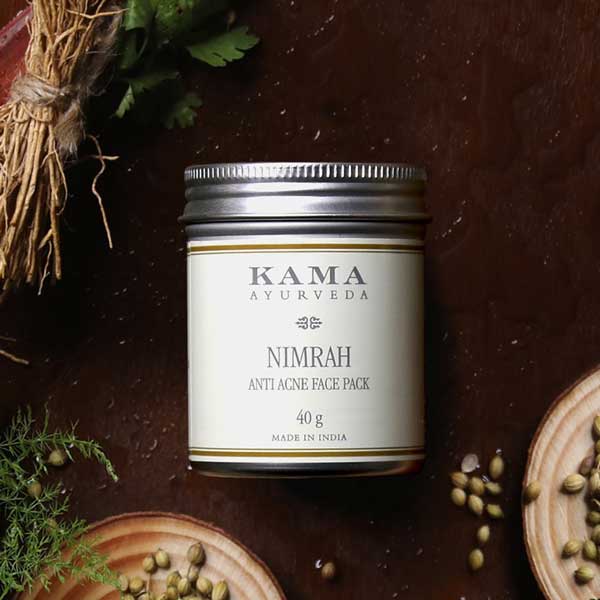
FAQs
1. How Do I Make A Homemade DIY Face Mask?
Homemade face masks are generally very simple. You just need to mix regular pantry ingredients into a fine paste and apply it to the skin. Let it dry and rinse clean with water. Common elements include Avocado, Honey, Yogurt, Lemon, Oats, Natural oils, etc.
2. Are Face Packs Bad For Sensitive Skin Type?
No, face masks aren't bad for sensitive skin. However, you need to be very careful with the ingredients you use. Use repairing and hydrating ingredients like Honey, Aloe vera, Oats, Cucumber, etc. Also, always do a patch test on the back of your hand before using the face mask on your face.
3. Can I Use A Face Mask Every Day?
It is not advisable to use a homemade face mask every day. You can use them once or twice a week. When using any other natural face mask, read instructions and follow the recommended frequency of use.
4. Do Face Masks Damage the skin?
Generally, no, if you are using it once or twice a week. But if you use a face mask every day, it may strip off the skin's natural oils and moisture from the skin, leading to dryness and acne.
5. What is a face mask for glowing skin?
A face mask for glowing skin is a skincare product designed to enhance the natural glow, brighten, and hydrate the skin. Depending on the ingredients, it can address various skin concerns such as dark spots, acne, and excess oil.
6. Can homemade face masks help achieve glowing skin?
Absolutely! Homemade face masks, especially those made with natural ingredients like turmeric, aloe vera, green tea, and besan, can offer effective natural treatments to achieve radiant skin. They can exfoliate, moisturize, and pamper your skin, giving it a natural glow.
7. How often should I use a face mask for the best results?
Depending on your skin type and the specific face mask you're using, it's typically recommended to use a face mask 1-2 times a week. Always check the product's instructions or consult with a skincare expert.
8. I have oily skin. Are there specific masks for me?
Yes! There are face masks specifically designed for oily skin that can help remove excess oil, control acne, and give your skin a natural glow. Ingredients such as charcoal and clay in masks can work wonders on oily skin.
9. What is the difference between a face pack and a face mask?
While both face packs and face masks aim to treat and pamper your skin, face packs tend to be thicker in consistency and might take longer to dry. Both, however, can help in achieving glowing and supple skin.
10. Are there face masks available for specific skin concerns?
Yes. Face masks are designed to address a range of skin concerns. Whether you have dry skin, sensitive skin, or acne-prone skin, there's likely a mask that's perfect for you. Always choose based on your skin type and concerns.
11. How do I buy the best face mask for my skin type?
You can shop face packs online from trusted brands like Mamaearth and others. It's essential to read the product description, check for ingredients that suit your skin type, and go through user reviews before making a purchase.
12. How do I apply a face mask for maximum benefits?
For best results, always start by cleaning your face. Wet your fingertips, then apply the mask evenly. Depending on the mask, you may need to leave it on for a specific duration (usually mentioned in the instructions). Rinse with lukewarm water and moisturize your skin afterward.
13. Are there any DIY homemade face masks you recommend for glowing skin?
There are several DIY homemade face masks that can help you achieve glowing skin. Popular options include the egg mask, turmeric mask, green tea mask, and masks made with besan or aloe vera gel. Ensure you use ingredients that are fresh and suitable for your skin type.
14. What are the benefits of using a face mask?
Face masks not only pamper and moisturize your skin but also address specific skin concerns. They can remove dead skin cells, hydrate, reduce the appearance of imperfections, and give your facial skin a brightened, youthful look.
Shreya Dalela is a certified Yoga instructor and a professional dancer trained at The Danceworx. She’s passionate about Ayurveda and holistic living with over 6 years of experience in doing extensive research and content creation in the domain.
